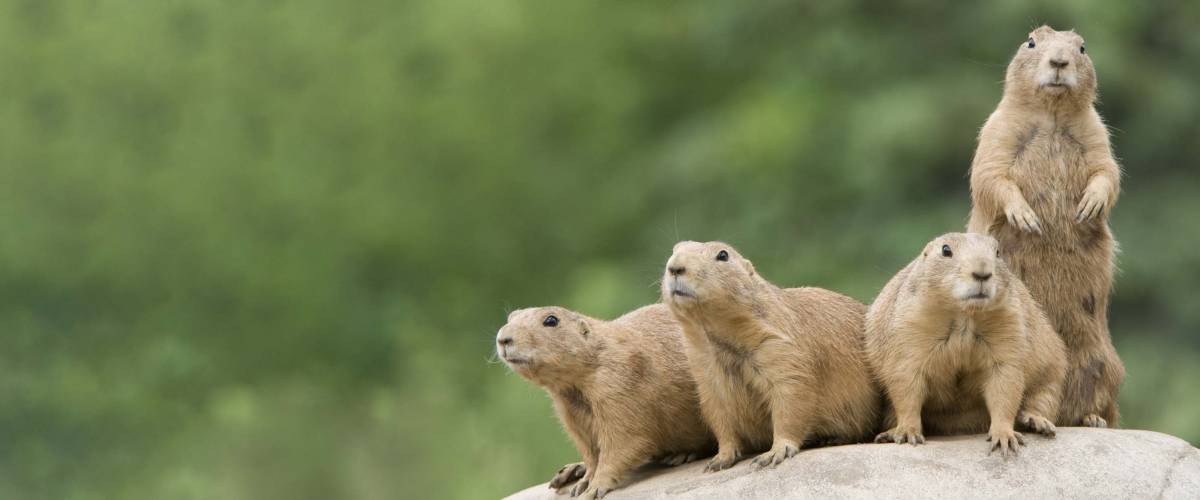
February 25, 2021 – Rare diseases carry a special burden for the people and animals that suffer from them. With smaller populations affected, these diseases rarely receive the attention or funding that other, more common illnesses do. Rare Disease Dayâ, marked this year on February 28, aims to create awareness about these diseases in people – and we’d like to think animals, too.
Morris Animal Foundation has funded numerous studies focused on rare diseases in many different species in our 73-year history. Here are just a few of those research projects that address important, but less well known, areas of animal health.
Lavender foal syndrome (coat color dilution lethal) in Arabian horses
This rare, fatal disease of horses was first described decades ago, but the genetics responsible eluded researchers desperately trying to find ways to screen horses. Foals affected by this syndrome are born with severe nervous system abnormalities and an unusual, pale coat color. In 2007, the Foundation provided funding for the Equine Consortium for Genetic Research, which brought together the best equine researchers from around the world to tackle important equine health problems. This team identified the mutation responsible for the syndrome and developed a genetic test to screen horses that may be carriers, reducing the number of foals born with this syndrome.
Cytauxzoon felis infection in cats
Sometimes a rare disease becomes not so rare, as in the case of C. felis. This blood parasite of cats is responsible for cytauxzoonosis, a serious and often fatal disease spreading across the United States. The Foundation has been supporting research on this important disease for years, even when the disease was uncommon, and we’ve continued our funding in multiple areas, from developing systems to study this unusual parasite in the laboratory to unraveling the genetics of this organism to finding better diagnostic tests.
Plague in wildlife
Although most people think of plague as a disease of the Middle Ages, it is alive and well in many wildlife ecosystems, particularly in prairie habitats in the western United States. The Foundation has funded numerous studies looking at all aspects of plague in these systems ranging from developing a vaccine delivered via baits to learning how Yersinia pestis, the bacteria responsible for plague, can live in the environment for long periods, waiting for favorable conditions to cause another disease outbreak. Results from our funded studies are helping wildlife managers control outbreaks in these important ecosystems, including those that are home to endangered species such as the black-footed ferret.
Newfoundland Forelimb Anomaly
One of the Foundation’s most recent projects is focused on learning more about Newfoundland forelimb anomaly, a debilitating condition in this breed. This malformation of the front legs has a complex inheritance and can lead to life-long discomfort and reduced mobility. This past summer, the Foundation partnered with the Newfoundland Club of America Charitable Trust to provide funding for researchers interested in investigating this disease. Proposals are in the final review process.
Rare diseases pose real challenges for veterinarians and pet parents caring for animals suffering from these conditions. Morris Animal Foundation has a long history of providing funding for uncommon diseases to improve the health and quality of life for affected animals. Despite the advances we’ve made, there’s still much to be done. Learn more about our work and how you can make a difference in the health of animals everywhere.




